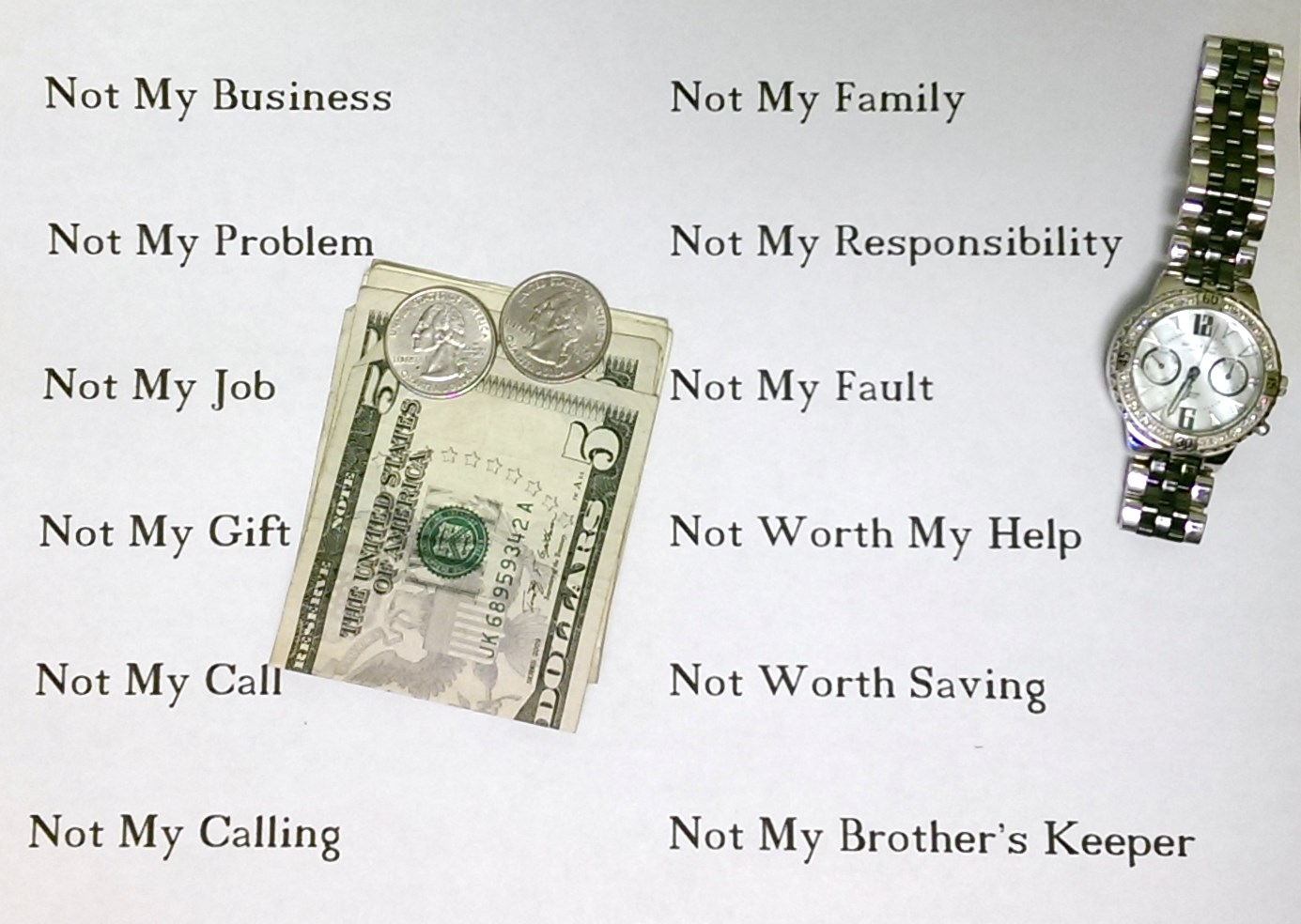 Photo Credit: Ray Dalio, YouTube
Photo Credit: Ray Dalio, YouTube
How in the world are we doing as a nation?
As we watch what’s happening around the globe as well as looking inward at our country’s changing culture, how should we then live?
This week, a 43-minute video came to my attention which so fascinated me I shared it widely with friends and family…and now with you.
This YouTube video was created and narrated by Ray Dalio, founder of the hedge fund and investment firm Bridgewater Associates. It is entitled: Principles for Dealing with the Changing World Order – Ray Dalio. He takes history from the last 500 years and tracks it in a mesmerizing animation depicting the rise and fall of world empires.
What are the factors that move nations to become world powers? What also are the causes of the decline of these powers?
 Photo Credit: Ray Dalio, YouTube
Photo Credit: Ray Dalio, YouTube
His video is essentially a summary of his 2021 book Principles for Dealing with the Changing World Order – Why Nations Succeed and Fail. Now if you click on the link to this book, and go to reviews, you will find not all the reviews are glowing. So take heed to the criticism.
Still, I loved this video because it was easy to understand for someone who isn’t much of a historian or, for sure, an economist. His explanation of what lies behind successes and failures of nations seems to line up well with what is happening in the U.S. for sure.
 Photo Credit: Ray Dalio, YouTube
Photo Credit: Ray Dalio, YouTube
These screenshots from the video give you an idea of what you’ll find should you watch it. So good.
Dalio alludes to economic principles that we can apply to help our nation slow its decline as a world power and possibly even reserve it. He goes into these principles much more in his book, but the two he mentions in the video are quite simple:
- Don’t spend more than you make.
- Treat people well.
Ridiculously simple, but do we do them? We have had national debt since the start of the U.S. as a nation. However, in recent years our debt has wildly ballooned out of control. Also the whole “treating people well”? The last time we were able to pull together as a nation was probably the attacks of 9/11…over 20 years ago. The division in our country is so deep, it is hard to imagine our being able to come back together. It could happen…and I will keep hoping that’s the case. Photo Credit: Ray Dalio, YouTube
Photo Credit: Ray Dalio, YouTube
On the graphic above, we see the steady decline of the US and the sharp rise of China. Is this the future? Or are other factors also at play? I think there might be…one in particular, the God of this universe. However, He may choose not to save the US from its own self-induced decline. Only time will tell.
[Postscript: There is a word of wisdom here: don’t spend more than we earn and treat others well. Sound counsel all around.]
Economic Principles – Website linked to Dalio’s best-selling book Principles for Dealing with the Changing World Order – Why Nations Succeed and Fail – including bonus content not in the book

